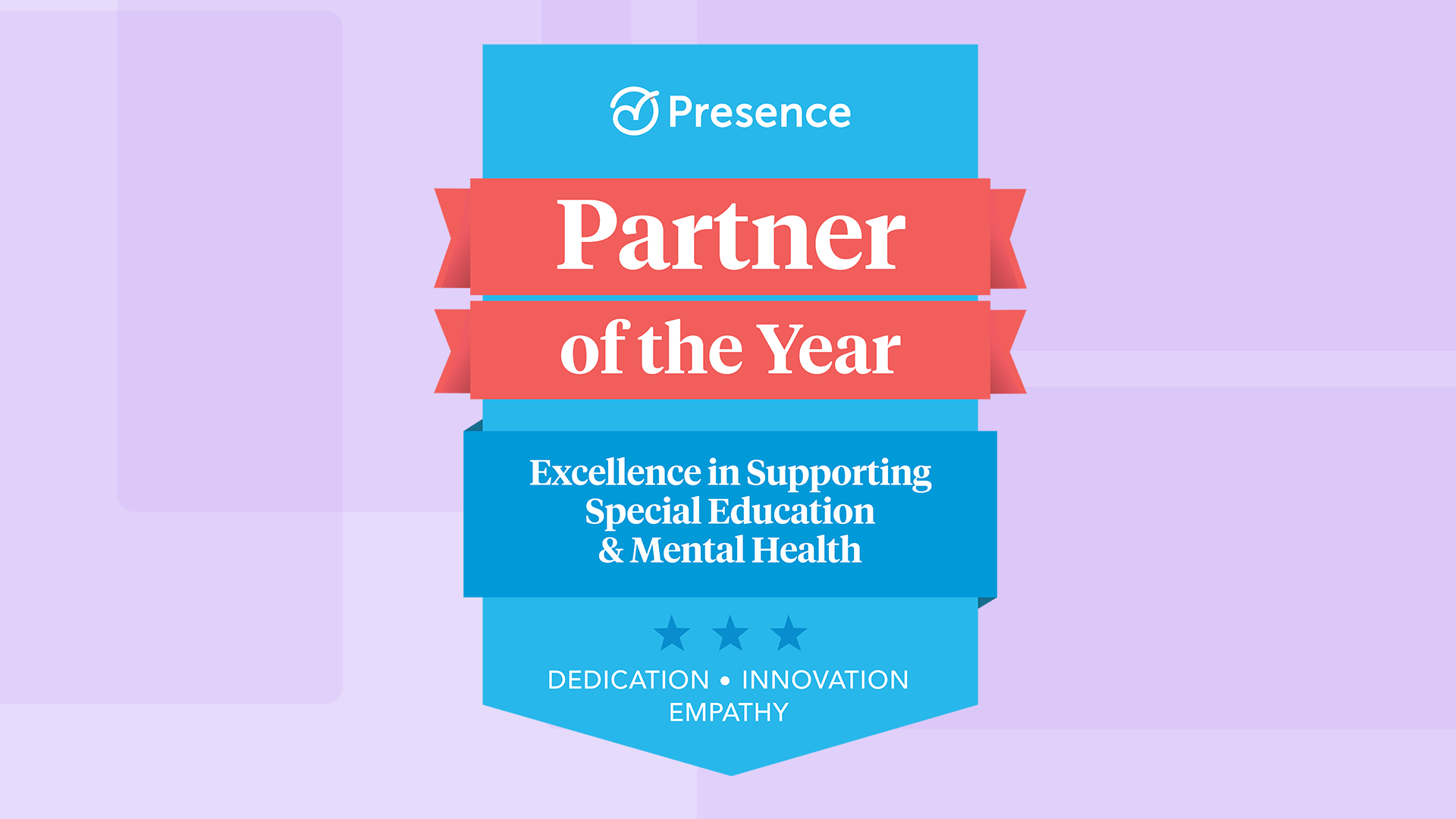
Many student behavior management strategies focus on consequence and reward; however, more and more research shows this approach can be detrimental to the child. MotherJones.com wrote an article about the drawbacks of traditional management strategies. According to the article, “consequences have consequences,” as they “sacrifice long-term goals (student behavior improving for good) for short-term gain—momentary peace in the classroom.” As for rewards, Stanford University developmental and social psychologist Carol Dweck says rewards can “erode children’s motivation and performance by shifting the focus to what the teacher thinks, rather than the intrinsic rewards of learning.”
So how should teachers manage student behavior, especially those students with behavioral challenges? Instead of trying to control student behavior, the teacher should be helping the student learn to control themselves. This creates a sense of “autonomy, a sense of competence and a capacity to relate to others.” Research shows teaching and practicing problem-solving skills can actually help reshape children’s brains. And according to Dweck and other researchers, when students are taught this, it increases their motivation to problem-solve and achieve.
The above article profiles the Central School, a K-3 school in Maine, as it pilots Dr. Ross Greene’s Collaborative and Proactive Solutions (CPS) behavior management approach for students with serious behavioral challenges. With the CPS approach, students become active players in solving their own problems. Instead of punishing a student for acting out, teachers build strong relationships with students so they can talk with the student about the behavior and get to the root of the problem. They then brainstorm a solution for the problem, implement it, and move on.
Central School has seen great success using the CPS approach. During the 2009-10 school year, which was before the implementation, the school recorded 146 referrals and two suspensions. Two years later, the total number of referrals decreased to 45 and they did not have any suspensions.
You can read the Mother Jones article in its entirety here.
Dr. Greene also presented the CPS approach during PresenceLearning’s award-winning “Success for Every Learner” webinar series. To watch his webinar, “Lost and Found: What Works (and What Doesn’t) for Behaviorally Challenged Students,” click here.






